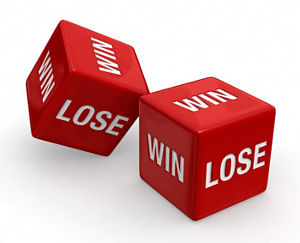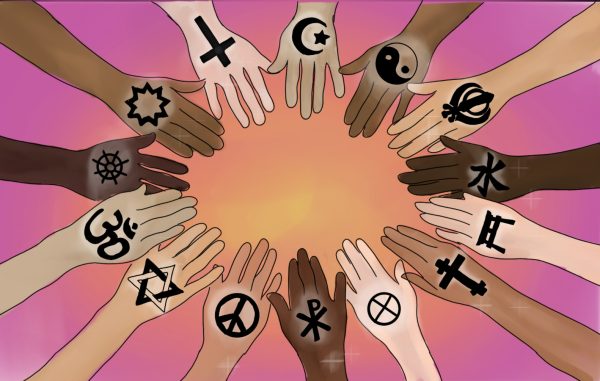To Win or To Lose

May 31, 2023
Win /wɪn/
Be successful or victorious.
A drop of sweat slowly seeps its way down your cheek, building as a snowball as it draws the mud from your pores before leaving a salty dirt-like taste on the inside of your mouth. It’s 2-2, and only a matter of time before the game ends and goes to the penalty shootout – the grand final is in your hands. Adrenaline pulls you past the sharp stinging in your leg as an opposing striker bulldozes his way through your team towards you.
Your eyes fixate on the ball as it pierces the air towards you.
Your legs explode towards the ball.
A mighty roar from the crowd behind you as the ball falls into the hands of the net behind you.
Lose /luːz/
Fail to win.
What is life, but to live, to lose, and to die? Loss is one of the few universal constants in life. To lose is an inevitability.
Yet, contrary to what the definition of the word suggests, to lose is not to fall short of succeeding, but to learn.
I’ve always been quite competitive in everything that I do – from sibling rivalry to maths results and everything in between. But I’ve found that competition simply doesn’t exist without a contractual obligation to lose. As a universal concept of living, this means that to embrace loss is to embrace the game of life.
Nobody ever wants to lose, yet it’s something that needs to be done. This whole concept of loss – by its definition – is the absence or failure to win. But even so, I’d go as far as to say some of my biggest growths have come from loss.
I would’ve only been 11 or so when the time was due to select the entourage of my primary school’s leadership team. For a group of kids who were largely not old enough for social media (unless you had what 11-year-old me would’ve considered some seriously cool parents), the attitudes towards each other were the same cut-throat corporate ladder-climbing ideology that you’d find in a series finale of The Apprentice. This group of young students turned into hyenas who’d spotted a fresh, bloody carcass, the moment they had an opportunity to put someone else down. Naturally, I wasn’t remotely ready for any of this and was removed from the pool of candidates almost as quickly as I joined.
Of course, you can call this a failure all that you want, and to me, this way a huge failure. I questioned whether I was good enough, whether I would ever be good enough, trying to find out what was wrong with me.
I see now the broader echelons of what it gave me. It gave me freedom – the freedom from the cut-throat behaviours of everyone else, the freedom from the excess workload, the freedom to lose. Such a memorable loss taught me that this is something that must happen – not just something that may or may not happen, but something that unconditionally will happen, and that whether I liked it or not, I’d have plenty of decades ahead of me to put up with it.
Inevitable /ɪnˈevɪtəbl/
certain to happen; unavoidable.
Extravagant loss is such a universal concept that we can see it all around us – taking Harper Lee’s To Kill a Mockingbird as an example.
“Mockingbirds don’t do one thing but make music for us to enjoy… they don’t do one thing but sing their hearts out for us. That’s why it’s a sin to kill a mockingbird.”
I absolutely adore this ideology from Atticus – the mockingbird is a representation of innocence and loss. It’s a beautiful animal – almost sacred – that does nothing but provide good for the people around it. And yet, just as how Atticus eventually loses his case, the mockingbird dies anyway; the innocence is lost.
The loss is simply inevitable.
It would be so sensical for us to keep the mockingbird alone – to maintain the natural order of goodness. But the real natural order here is the loss of this goodness, that nothing good will last forever, which is why we, as humans, need to accept loss.
To succeed is to accept loss.











